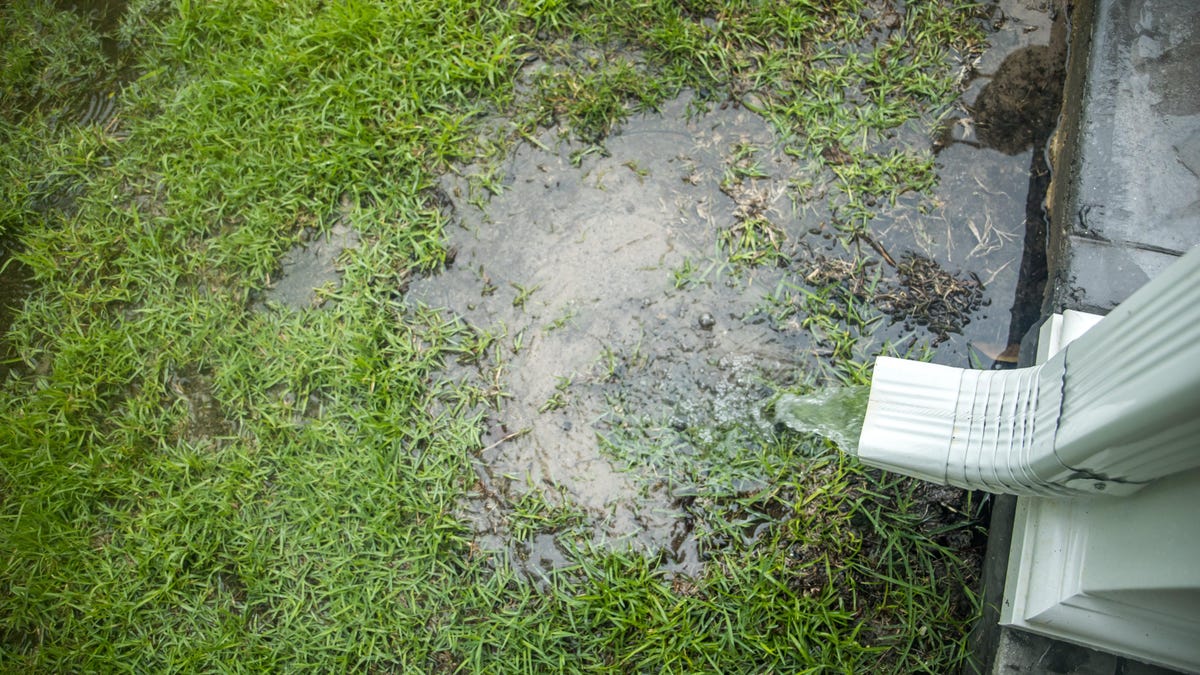Why a Rainy Day Is the Perfect Day to House-Hunt (and What to Look for While You’re There)
Buying a home in the current market requires every competitive advantage, and when you’re battling it out with other prospective buyers, it seems like there’s not a moment to waste. That means attending open houses and showings rain or...


Photo: Ursula Page (Shutterstock)
Buying a home in the current market requires every competitive advantage, and when you’re battling it out with other prospective buyers, it seems like there’s not a moment to waste. That means attending open houses and showings rain or shine.
Of course, bad weather makes everything just a little bit harder, including house hunting. But if you’re willing to venture out to open houses and showings during a storm, you may learn more about your potential purchase than you would on a sunny day, according to Apartment Therapy.
Here’s why you should go house hunting in the rain—and what to look for when you do.
Advantages to rainy-day house hunting
First, house-hunting during a rainstorm may give you a leg up over more fair-weather buyers. Not everyone is willing to drive around town during a downpour to view home after home, and you may find open houses are less crowded or showings less stacked.
G/O Media may get a commission
The other upside: you can see how the home and property hold up in wet conditions. Does the yard flood? Do the gutters drain properly? Are there major maintenance issues you’ll have to manage that may not be visible in drier weather?
What to look for in rainy weather
Heavy rain can cause all kinds of problems that are expensive to fix, so here are a few issues to look for:
Clogged or leaky gutters and downspouts: Gutters should be clear of debris, free of leaks, and direct water away from the house.
Door, window, crawlspace, and basement leaks: Check for wet windowsills and doorways, which may indicate poor seals. If the house has a basement, look for moisture or pooling water.
Water stains and mildew smells: Stains on ceilings and walls as well as mildew smells may indicate water problems.
Property drainage: Look for flooding in the yard as well as how water flows toward or away from garages and patios. This may be especially obvious if the property has water features nearby or is in a low-lying or coastal area.
Street and neighborhood flooding: Does rushing water drain properly? Do water features in the surrounding neighborhood rise during a storm?
Of course, these issues shouldn’t necessarily deter you from making an offer on a dream home. Many of these concerns would be identified during a home inspection, and you may be able to negotiate repairs with the seller. But knowing about water problems in advance may help you make decisions about whether and how to move forward.

 Astrong
Astrong 
































